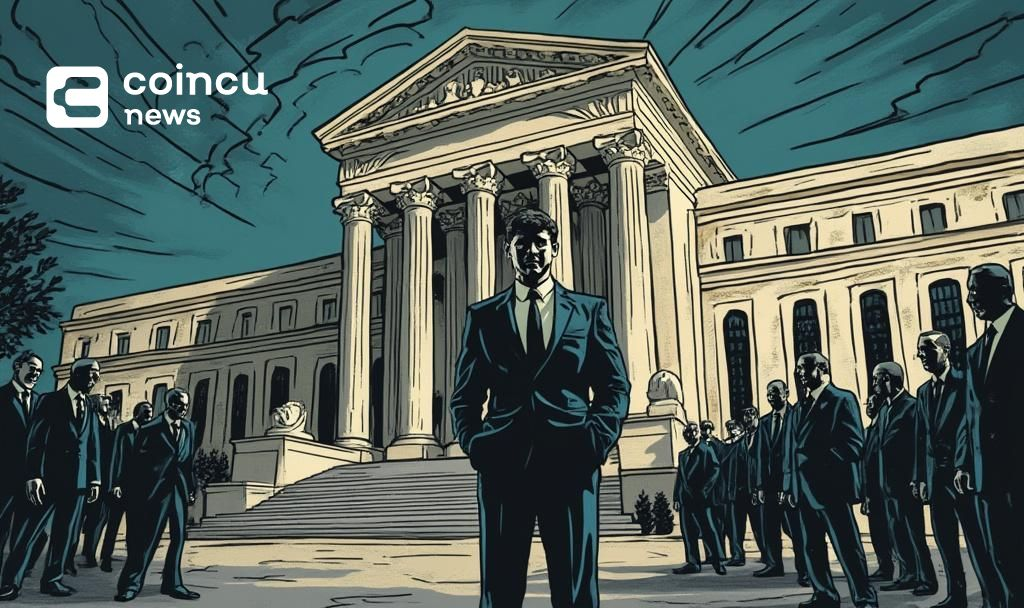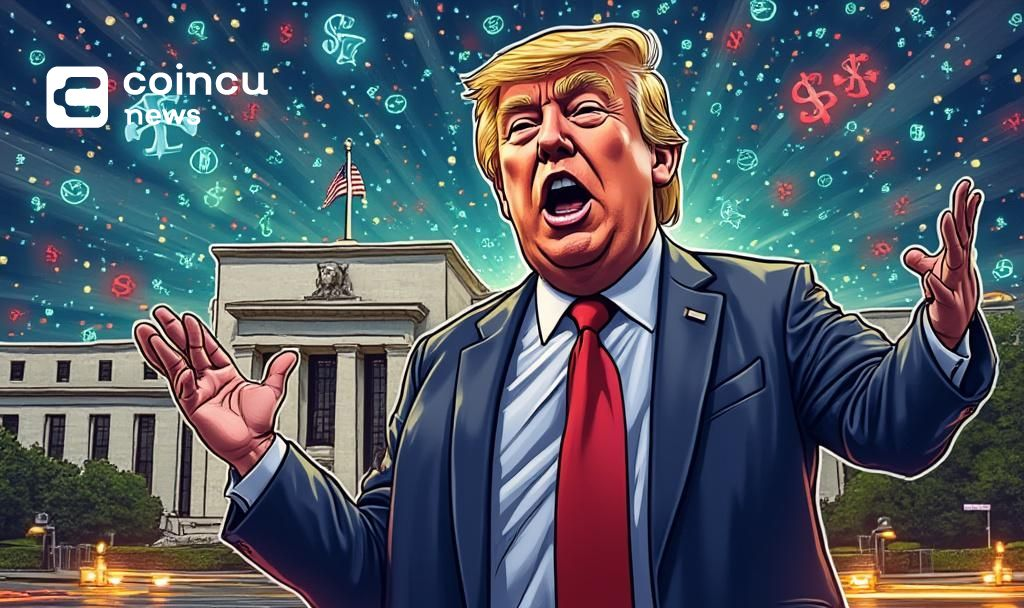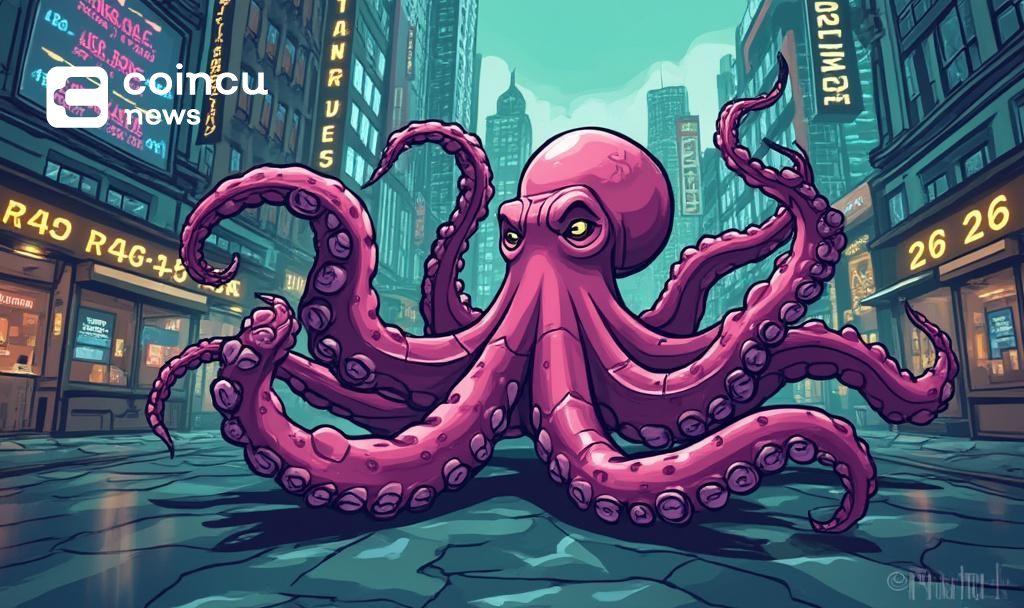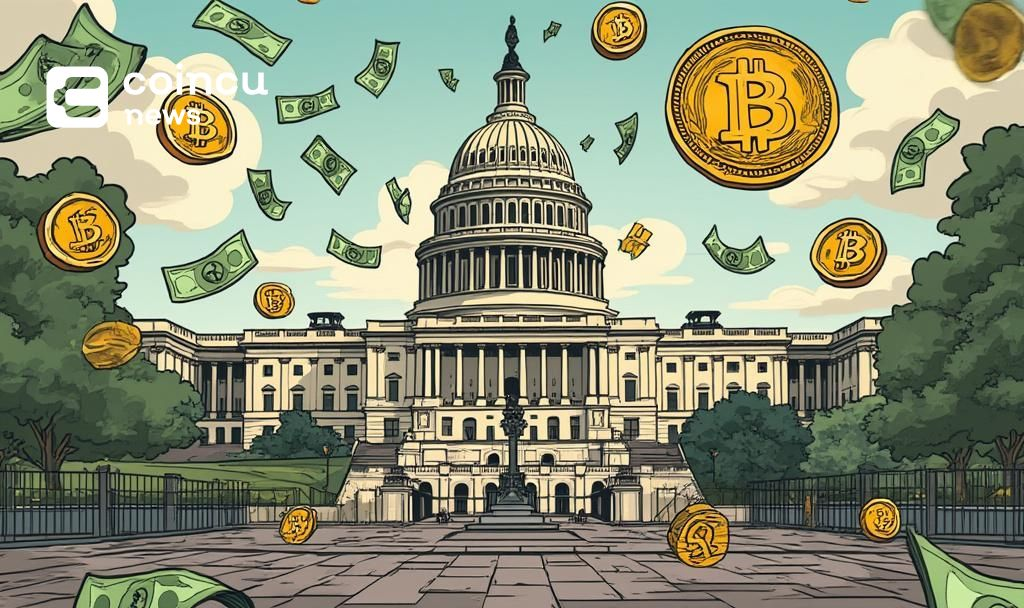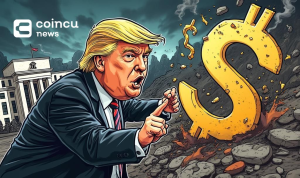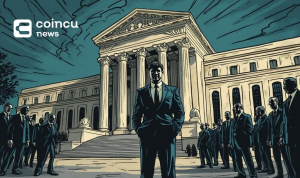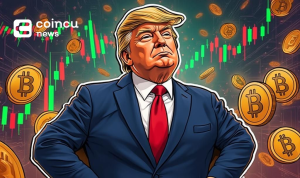$117457.441
At CoinCu News, we give both basic and in-depth articles on the latest news in the cryptocurrency and blockchain sectors.
Author
News
Dimon Says JPMorgan Will Pursue Stablecoins Despite Skepticism
JPMorgan beats Q2 earnings and revenue expectations, fueled by strong trading and investment banking, and
Jul
US Treasury Initiates Federal Reserve Succession Process Amid Shadow Rumors
US Treasury starts formal Federal Reserve succession process as rumors of a 'shadow chairman' circulate,
Jul
Citi Explores Stablecoin Issuance Amid Changing Regulatory Landscape
Citi considers stablecoin issuance, signaling potential shift in digital assets strategy amid evolving regulations.
Jul
SharpLink Becomes Largest Corporate ETH Holder With 280,706 ETH Staked
SharpLink Gaming now holds 280,706 ETH after a $213M buying spree, surpassing the Ethereum Foundation
Jul
SharpLink Becomes Largest Ethereum Holder with $156 Million Purchase
SharpLink Gaming Inc. acquires 74,656 ETH, surpassing Ethereum Foundation, now holding 280,706 ETH valued at
Jul
Ondo Finance Integrates With BNB Chain to Expand Tokenized Equity Access
Ondo Finance partners with BNB Chain to offer over 100 tokenized U.S. stocks and ETFs,
Jul
President Trump Urges Federal Reserve to Slash Rates Amid Low Prices
President Trump calls for Fed rate cuts to stimulate economy, focusing on low consumer prices
Jul
Kraken Launches US Derivatives Platform for Crypto Futures
Kraken introduces US-regulated derivatives service, offering futures trading on CME-listed cryptocurrencies, enhancing market access and
Jul
US House to Vote on Key Crypto Bills
US House sets vote on GENIUS, CLARITY, Anti-CBDC bills, impacting crypto regulation.
Jul
[tptn_list how_old="7" limit="5" title_length="0" heading="0" show_date="0" ]
[tptn_list how_old="30" limit="5" title_length="0" heading="0" show_date="0" ]









